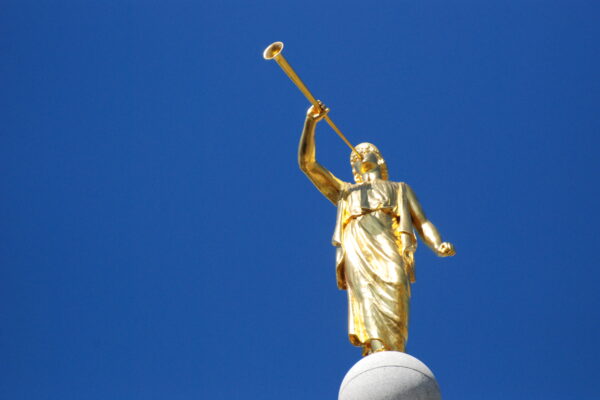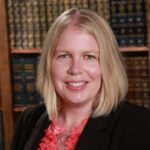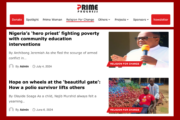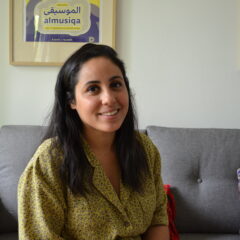This post originally appeared on Trans/Missions, the USC Knight Chair in Media and Religion blog.
The great American political experiment has passed many milestones along the path toward a more inclusive society. Kennedy broke barriers for Catholics, Geraldine Ferraro for women, Lieberman for Jews and Obama for African-Americans. But there are a few stubborn biases that just won’t budge. Mormons, in particular, have faced persistent prejudice when it comes to running for president. According to the latest from Gallup, “Americans’ reluctance to support a Mormon for president has held close to the 20% level since Gallup first measured this in 1967, and long after historical biases against voting for blacks, Catholics, Jews, and women have dwindled.”
With two members of the Church of Jesus Christ of Latter Day Saints in contention for the Republican nomination, the current election season (as if the last one ever ended) promises to put their religion squarely in the foreground. But is the story here really about Mormonism?
The reporting around the Gallup poll has focused largely on what it means for Mitt Romney and John Huntsman, whose candidacies give the numbers a near-term political relevance. A brief in the Los Angeles Times points out that the bias toward Mormons is actually fairly partisan, encompassing 18 percent of Republicans but more than a quarter of Democrats. But that’s where the story ends for the LA Times.
This kind of cursory coverage tends to gloss over a number of interesting and potentially interrelated facts. First, all subgroups were consistent in their anti-Mormon sentiments except those with no college education, 31 percent of whom would not vote for a Mormon, as opposed to just 12 percent of college graduates. That’s at least worth some reflection, but the Times, along with other news outlets, missed the opportunity to help us interpret this datum.
The NPR story about the poll, by contrast, focuses on the two candidates but also adds an important comparison: “[O]nly atheists, and gays and lesbians, are treated more skeptically than Mormons. Thirty-two percent of those interviewed said they would not vote for a gay or lesbian for president. Close to half of the respondents would shun atheists.” If an atheist or an openly gay person were running, we might be paying closer attention to these data. But as we’ve learned over the past decade–when we were surprised by a number of dramatic events that seemed almost inevitable in retrospect–it’s important for reporters to pay attention to salient details that the rest of us might be overlooking.
For example, where are Americans on electing a Muslim? Seems like an obvious question, but you wouldn’t know the answer from the Gallup poll. In that vein, the GOP’s first debate featured a number of statements that would seem to violate the Constitution’s provision that “no religious test shall ever be required as a qualification to any office or public trust under the United States.” So much for the Constitutional renaissance in conservatism; I guess you have to read more than just the Second Amendment.
It will be interesting to see how developments in the national election compare to the political scene in Kentucky. The ballot in the Blue Grass State will include a Jewish candidate for lieutenant governor, and the major figures have all vowed to move the debate away from personal religiosity and toward positions and values–though that vow of civility hasn’t kept a few good old-fashioned anti-Semitic statements from making their way into the fray. Still, the story highlights the fact that political races, and the news media coverage thereof, can rise above the identity-based pigeonholing of candidates.
That said, it’s still up to reporters to look behind the curtain, under the fig leaf and beneath the poll numbers.
Photo Credit: Paul Mannix/Flickr
Brie Loskota is the former executive director (2016-2021) of the USC Center for Religion and Civil Culture.







